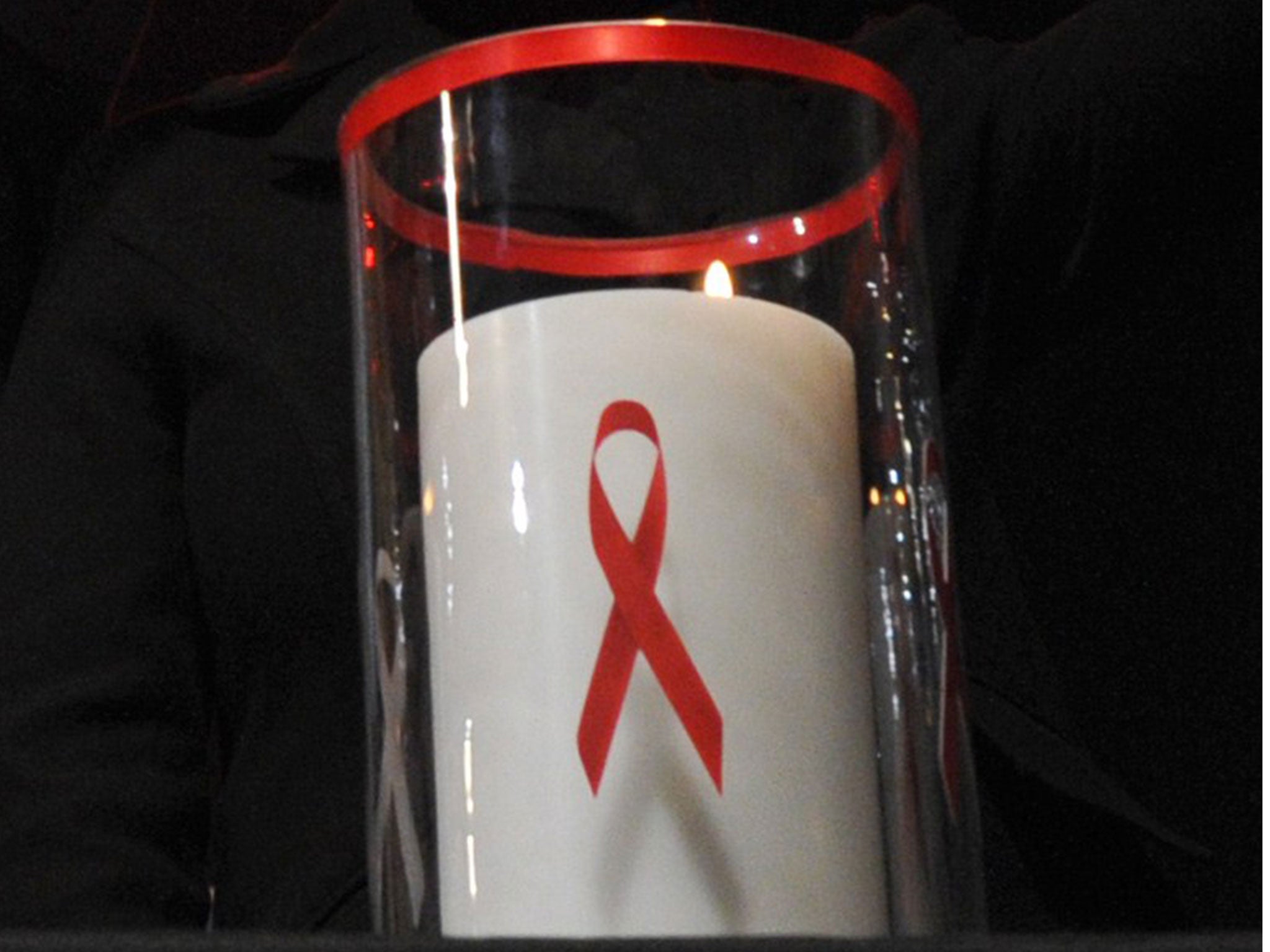Russia Aids epidemic: 2 million to be infected with HIV in five years, warns expert
Head of state Aids agency criticises the Kremlin's conservative response to spread of virus

Russia faces a growing Aids epidemic with at least two million people likely to be infected with HIV over the next five years, according to the country's top Aids expert.
Vadim Pokrovsky, who runs Russia's state Aids centre, blamed the Kremlin's conservative policies promoting traditional family values for failing to tackle the spread of the virus, warning that "the measures being taken now are ineffective".
He said that there are more than 930,000 people with HIV in Russia and that he expected that number to rise to one million in early 2016 and could then double within four to five years.
Mr Pokrovsky said that heterosexual intercourse appeared to be the most common route of HIV transmission in Russia.
Intravenous drug use is another serious transmission route. More than 60 per cent of those with HIV are believed to have used drugs.
Russia's approach to tackling the HIV and Aids epidemic has grown increasingly conservative in recent years. HIV prevention services are hard to find and Opioid Replacement Therapy, designed to reduce needle use and ween users off opioid drugs such as heroin, is banned.
On Thursday police in Moscow briefly detained eight activists protesting at the high cost of HIV treatment in Russia.
The activists, dressed in grim-reaper costumes, picketed outside the presidential administration's headquarters and carried signs naming Russia's four largest HIV drug distributors.
The activists were released but will face court hearings.
The human immunodeficiency virus (HIV) targets the body's immune cells leaving those infected unable to combat infections.
Join our commenting forum
Join thought-provoking conversations, follow other Independent readers and see their replies
Comments
Bookmark popover
Removed from bookmarks